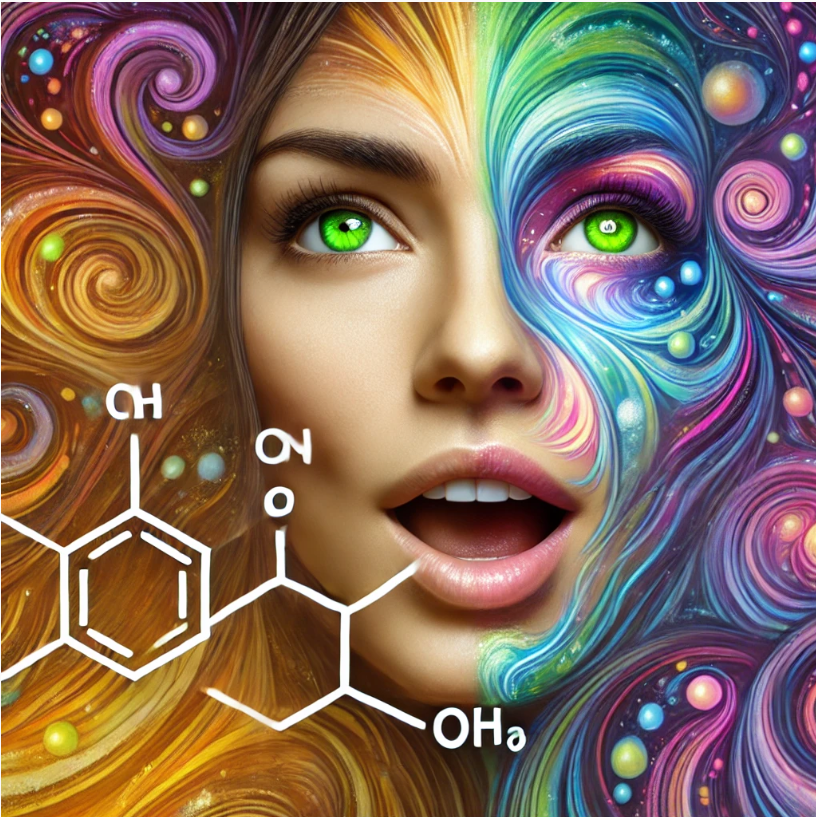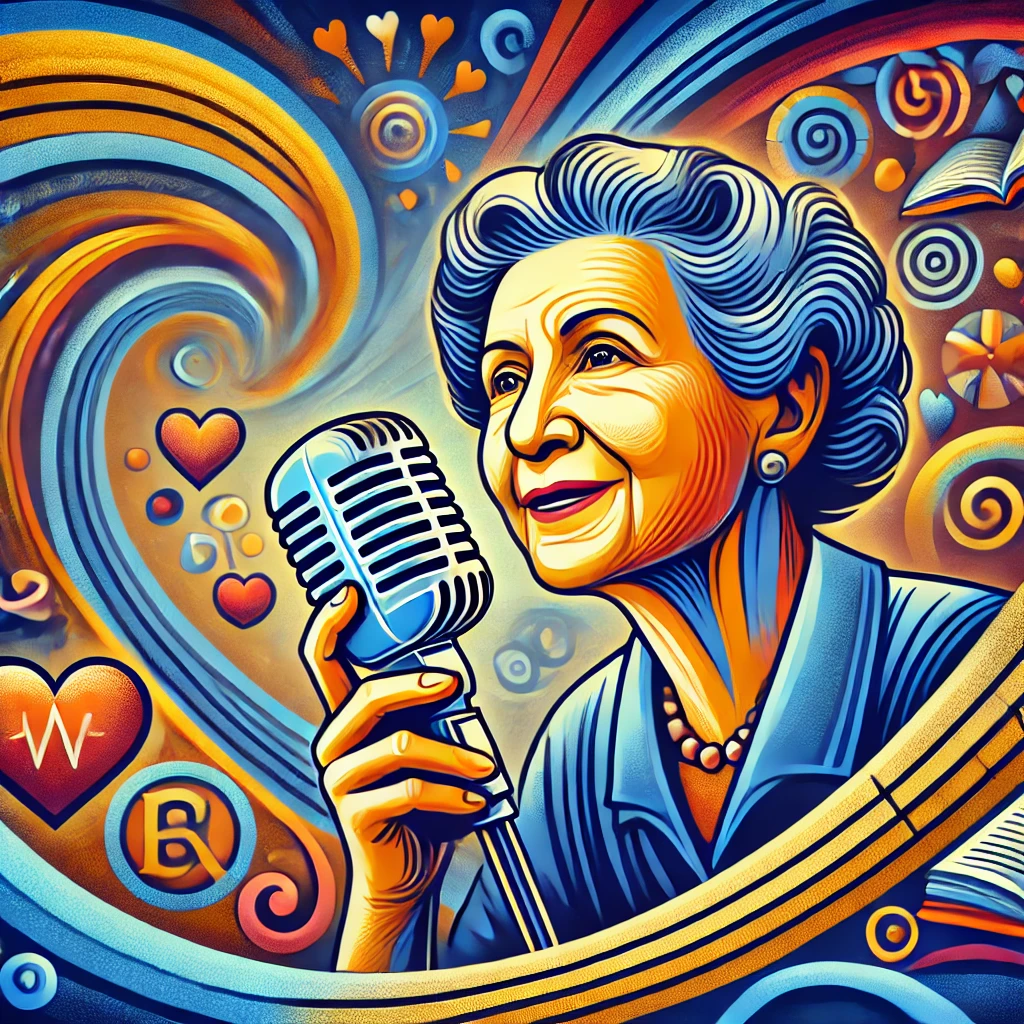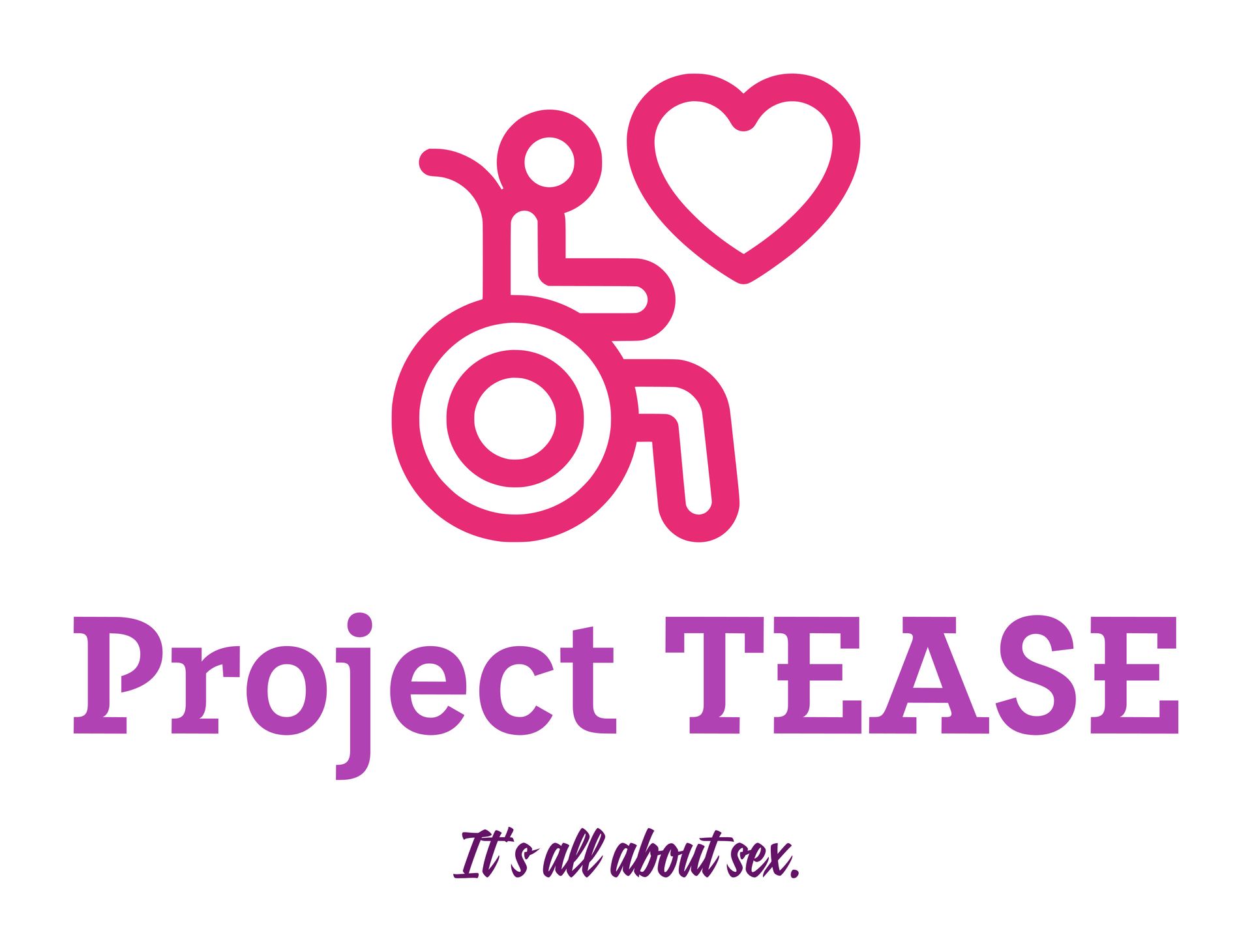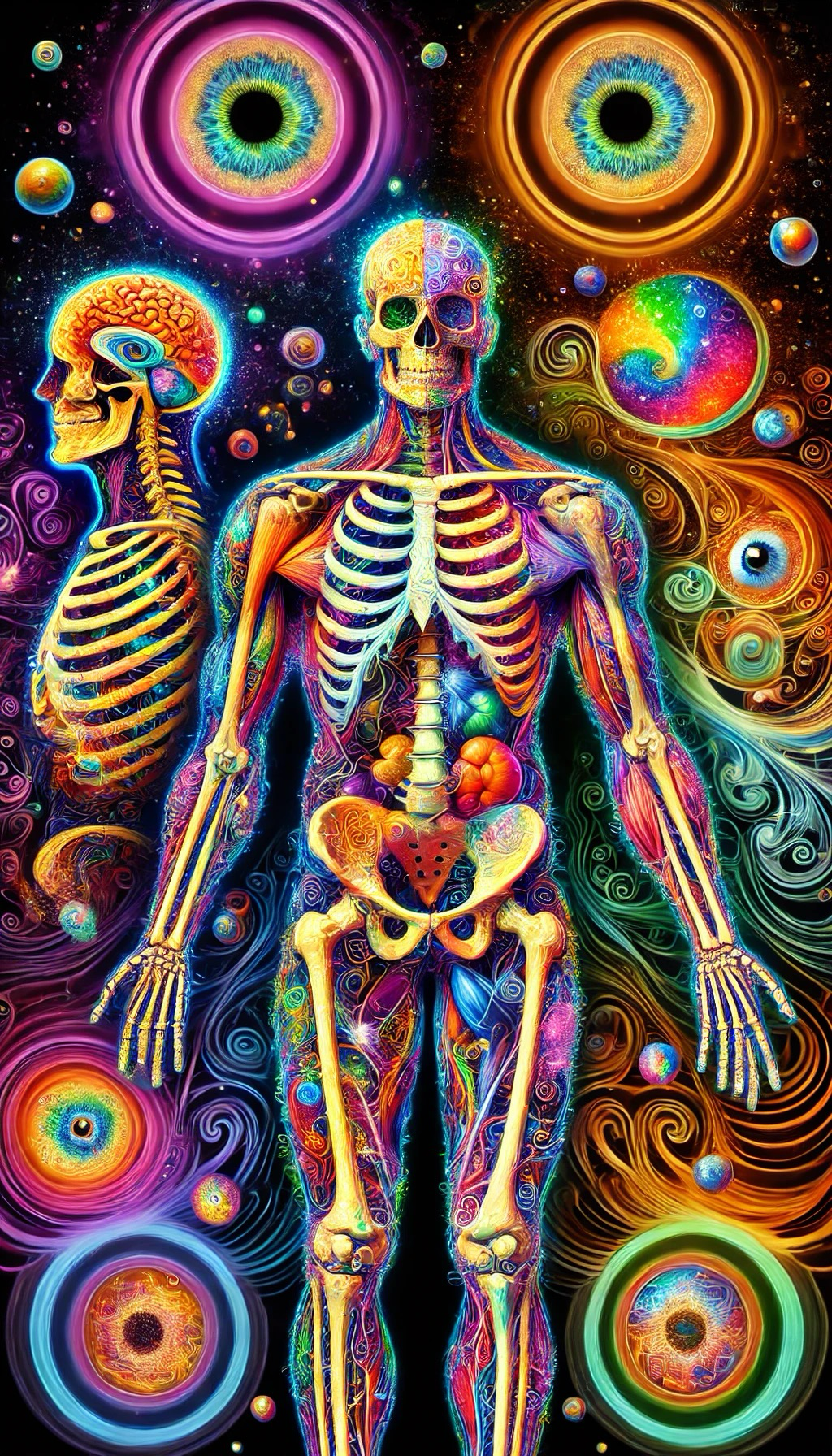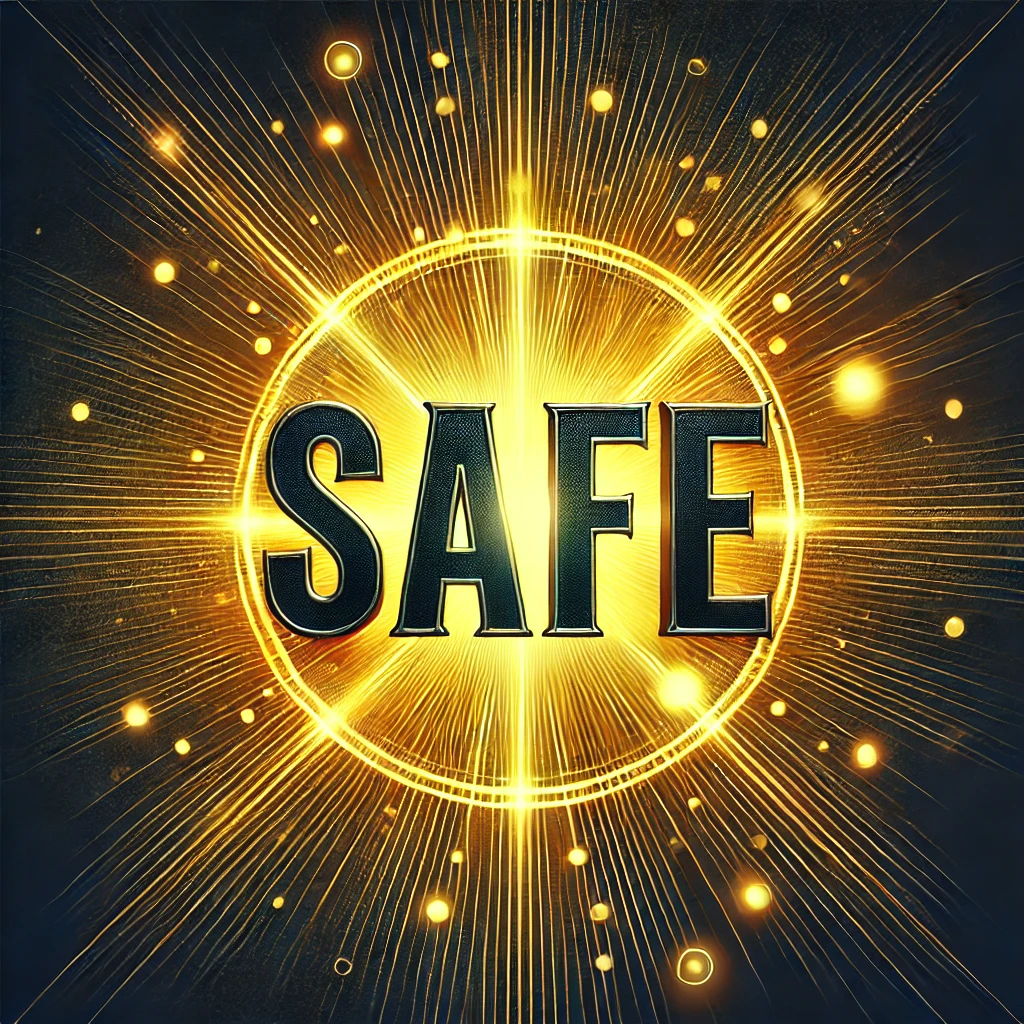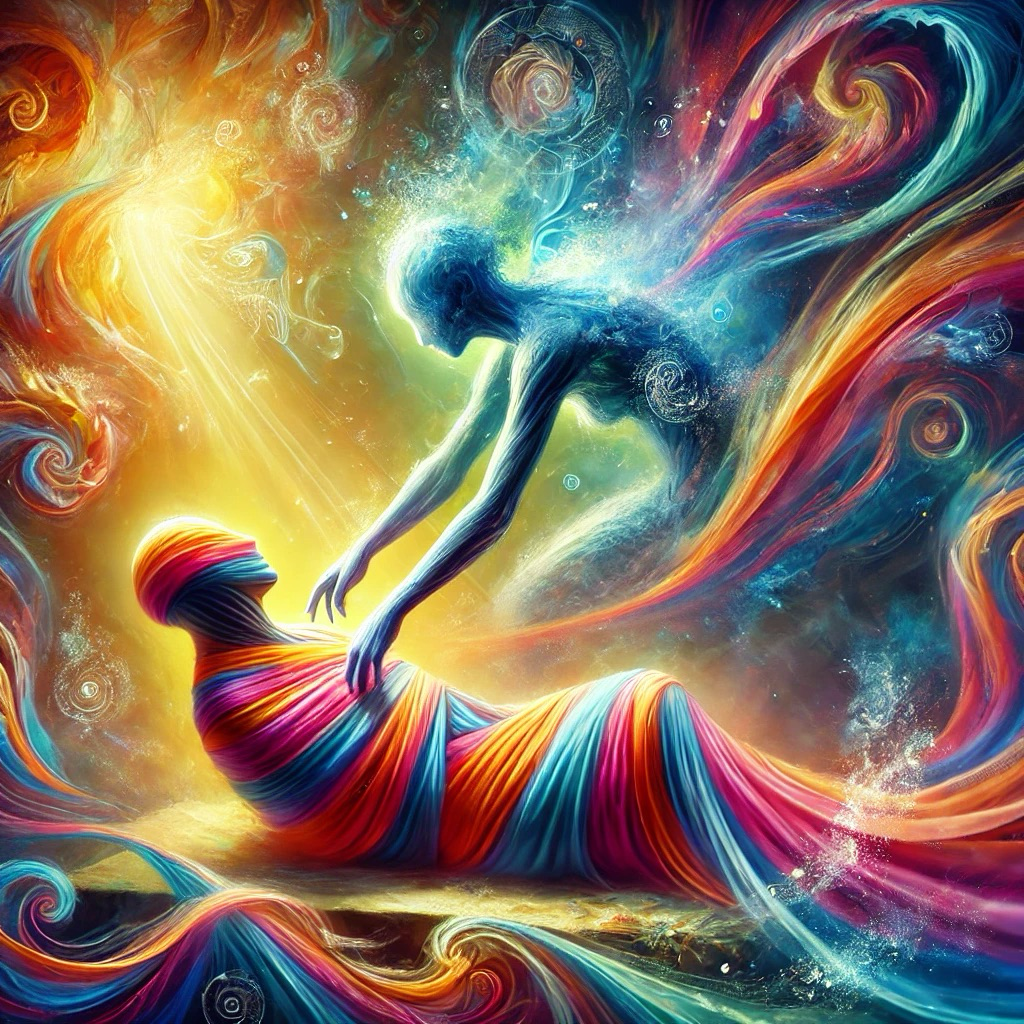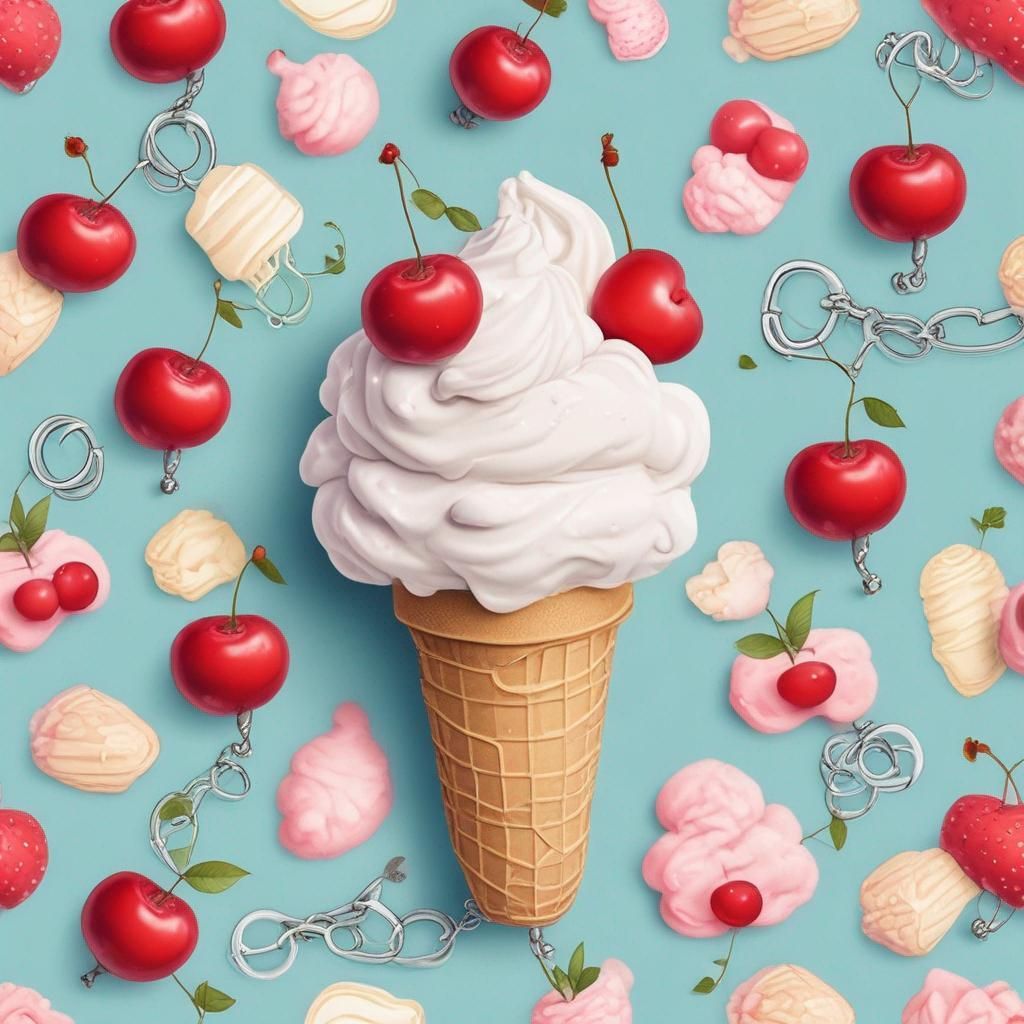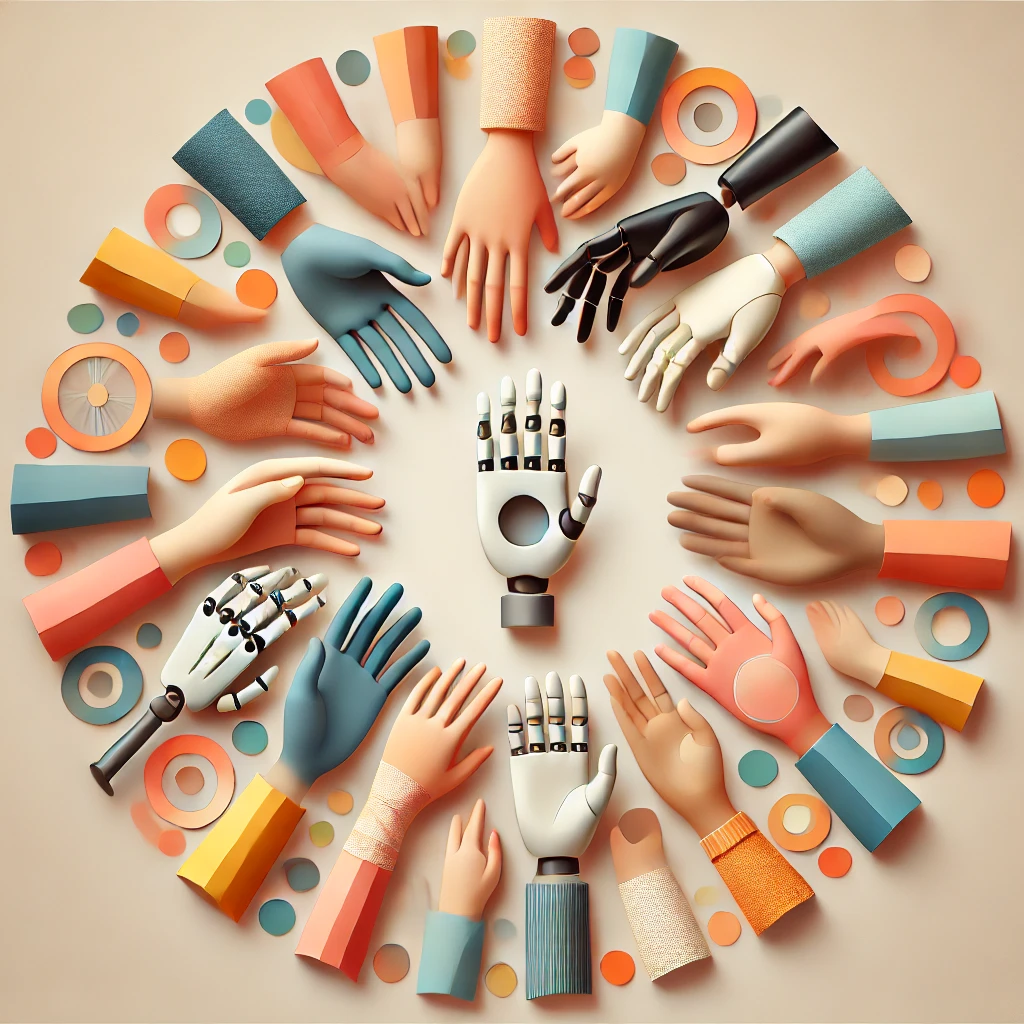Quill & Chill
Understanding Disability and Sexual Identity
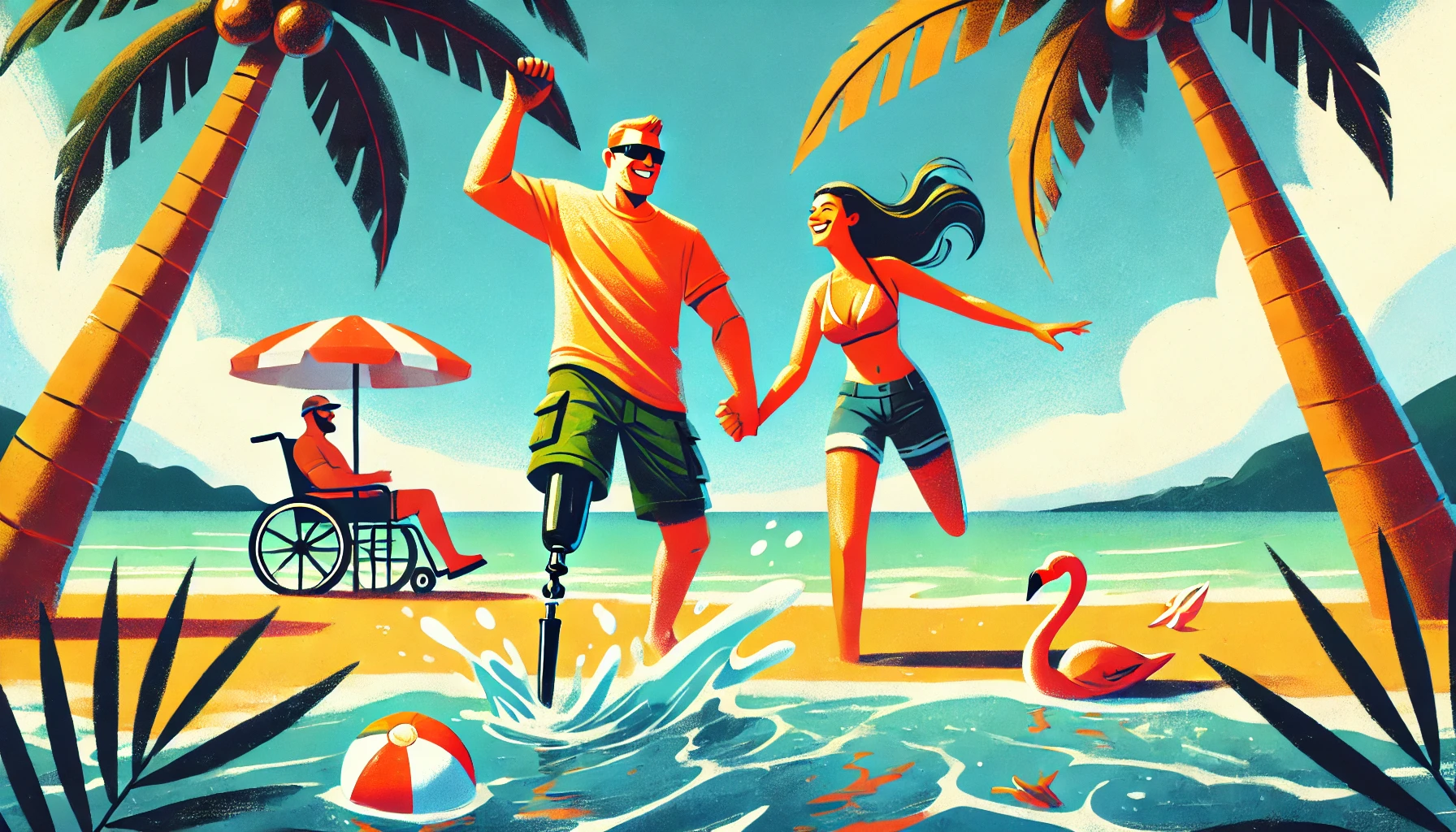
Navigating the world of sexual identity can be a journey filled with self-discovery, challenges, and triumphs. For women with disabilities, this journey often involves unique experiences and perspectives that deserve to be understood and celebrated. This blog aims to share insights, offer guidance, and provide resources to support you in embracing your sexual identity.
ಇ.The Intersection of Disability and Sexual Identityಇ.
Understanding how disability intersects with sexual identity—including sexual practices, behaviors, and preferences—reveals a rich tapestry of personal experiences and challenges. Let's explore this intersection together.
ಇ.Diverse Experiencesಇ.
Each woman's journey with disability and sexual identity is unique. Intersectionality, or the overlapping of different aspects of identity such as disability, sexual orientation, race, and gender, plays a significant role in shaping these experiences.
ಇ.Challenges Facedಇ.
Women with disabilities often encounter societal stigma that can impact both their sense of self and their relationships. Misunderstandings and stereotypes can lead to feelings of exclusion and mental health struggles. Additionally, accessing comprehensive sexual education that respects and acknowledges disability can be difficult, creating barriers to understanding and exploring sexual identity.
ಇ.Breaking Down Barriersಇ.
Education and awareness are powerful tools for overcoming these challenges. By advocating for inclusive sexual education and building supportive communities, we can break down the barriers that stand in the way of self-discovery and acceptance.
ಇ.Personal Stories and Experiencesಇ.
Hearing personal stories from women navigating disability and sexual identity can provide valuable insights and inspiration. Here are a few detailed stories that may resonate with you.
ಇ.Sarah's Pathಇ.
Sarah, who uses a wheelchair, discusses her experiences in romantic relationships. Sarah had always been open about her disability but found that many people she dated were not prepared to discuss her needs and boundaries.
"I've had my share of awkward dates where my disability was either ignored or overly focused on," Sarah laughs. "It was frustrating, but it taught me the importance of communication."
Sarah shares how open communication about her needs and boundaries has been vital in building healthy, respectful relationships. "When I met my current partner, we had an honest conversation early on about my needs. It was refreshing to have someone who was willing to listen and learn."
Sarah also talks about her advocacy work for disability rights and LGBTQ+ inclusion. "I use my platform to educate and empower others. It's not just about raising awareness but also about creating real change. I want to ensure that future generations won't have to face the same barriers I did."
Sarah's journey highlights the importance of advocacy and community. "Being vocal about my experiences has helped me connect with others who share similar struggles. Together, we can create a more inclusive and accepting world."
ಇ.Jamie's Journeyಇ.
Jamie, who has a physical disability, shares her experience of discovering her non-binary identity. Growing up in a small town, Jamie always felt different but couldn't quite put a finger on it. High school was particularly challenging, as she faced both physical limitations and the confusion of trying to understand her true self.
"When I was 16, I realized I was not fitting into the traditional gender roles society expected of me," Jamie recalls. "I began exploring online forums and communities where I discovered the term 'non-binary.' It felt like a revelation."
However, Jamie's journey was not without obstacles. She faced societal stigma and a lack of accessible information. "There were times when I felt incredibly isolated. Finding online communities that offered support and understanding was a turning point. These communities provided a safe space where I could ask questions and learn about myself without judgment."
Through these communities, Jamie embraced her non-binary identity and found a sense of belonging. "It was liberating to finally accept who I am and to know that there are others like me. I've learned that self-acceptance is a powerful tool in overcoming societal barriers."
ಇ.Alex's Storyಇ.
Alex, a deaf woman, explores her experiences as a lesbian. From an early age, Alex knew she was different but struggled to communicate her feelings. Growing up in a predominantly hearing community, she often felt left out and misunderstood.
"I've always known I was attracted to women," Alex shares. "But expressing my sexuality was difficult because people focused more on my deafness than on who I was as a person."
Alex highlights the importance of building a support network that respects and understands her unique needs. "Finding spaces where both my disability and sexual identity are acknowledged and valued was crucial. It wasn't just about being accepted as a lesbian, but also being accepted as a deaf person."
Alex found solace in LGBTQ+ events specifically designed for the deaf community. "Attending these events was a game-changer. I met so many amazing people who understood my experiences. It was empowering to be in an environment where I didn't have to constantly explain myself."
Through her story, Alex emphasizes how crucial it is to find inclusive spaces. "Everyone deserves to feel seen and heard. For me, finding these spaces was a big step in embracing my identity fully."
ಇ.Navigating Personal Experiencesಇ.
Navigating your personal experiences with disability and sexual identity can be empowering. Here are some strategies and resources to help you on your journey.
ಇ.Self-Exploration and Acceptanceಇ.
Self-reflection and exploration are key to understanding your sexual identity. Embrace self-acceptance and celebrate what makes you unique. This journey is about discovering and loving who you are.
ಇ.Communication and Relationshipsಇ.
Open and honest communication with partners about your needs, boundaries, and experiences is crucial. Building and maintaining healthy, respectful relationships involves mutual understanding and support.
ಇ.Finding Resources and Supportಇ.
There are many organizations and communities dedicated to supporting women with disabilities and LGBTQ+ identities. Seeking professional support, such as counseling or therapy, can also provide valuable guidance. Connecting with others who share similar experiences can offer comfort and encouragement.
ಇ.Valuable Resources and Support Websites for Women with Disabilities and/or LGBTQ+ Identitiesಇ.
Disability and Sexuality:
- The Center for Sexual Pleasure and Health (CSPH): Provides education and resources on sexual pleasure, health, and advocacy, including for people with disabilities.
- Our Bodies Ourselves: Offers comprehensive information on health and sexuality, including resources for people with disabilities.
LGBTQ+ and Disability Support:
- Human Rights Campaign (HRC): Provides resources and support for LGBTQ+ individuals with disabilities.
- GLAAD: Works to ensure fair, accurate, and inclusive representation of LGBTQ+ people, including those with disabilities, in the media.
Sexual Education:
- Scarleteen: A sexuality education website that includes resources for people with disabilities.
- Planned Parenthood: Offers a wide range of sexual and reproductive health resources, including inclusive sexual education.
- Project TEASE: A revamped initiative dedicated to empowering women with disabilities through sexual health education, advocacy, and community support. Explore our comprehensive resources and join our mission to promote self-expression, understanding, and empowerment. (Coming soon!)
Community and Advocacy:
- Disability Rights Education & Defense Fund (DREDF): Focuses on advancing the civil and human rights of people with disabilities through legal advocacy.
- Autistic Self Advocacy Network (ASAN): An advocacy organization run by and for autistic people, providing resources and support.
Understanding the intersection of disability and sexual identity is essential for promoting inclusivity and support. By sharing personal stories, increasing awareness, and providing resources, we can help each other navigate these unique journeys with confidence and pride. Remember, your identity is valid, and you deserve to embrace it fully. Seek support, advocate for inclusivity, and celebrate who you are.
